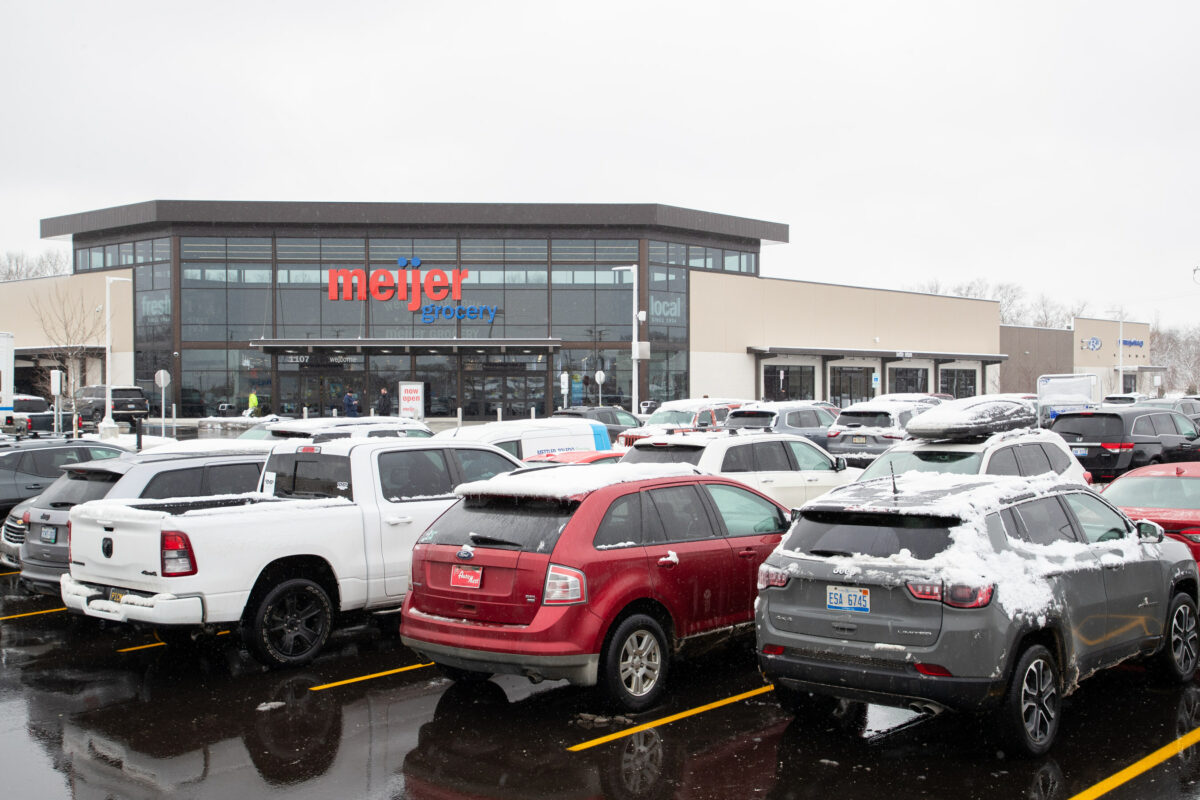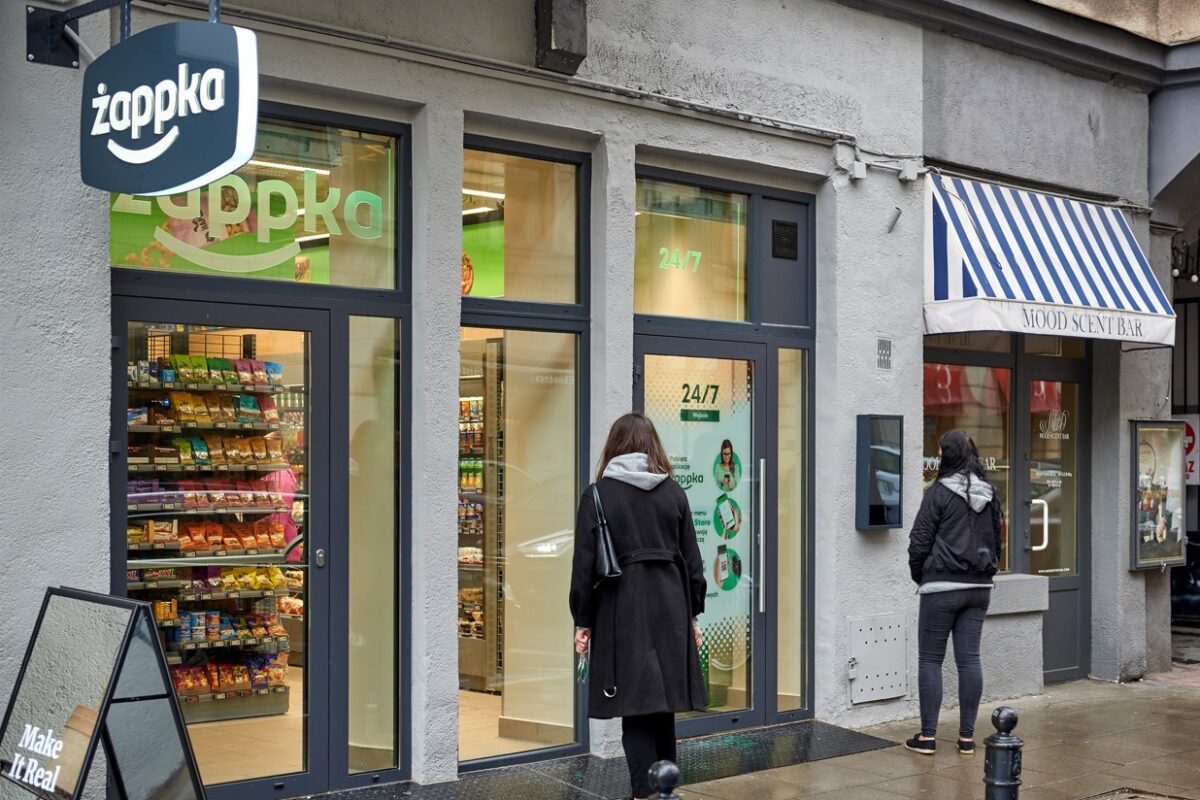… five trends to watch on Europe’s high streets
The collapse of German fashion firm Gerry Weber amid retail-sector restructurings and profit warnings show how Europe’s retailers and real estate companies need more focused, flexible business models to cope with continuing e-commerce disruption.
Scope Ratings says there are five trends to watch, one of which is the growing interdependence of retailers and their landlords. “For retailers, the message to property companies is: ‘Please provide the environment to support my sales;’ For real-estate firms, the message to the retailers is: ‘Please mobilise your brands to generate more footfall on my sites,'” says Philipp Wass, analyst at Scope.
1) Retailers face squeezed margins and rising leverage, hence greater efforts to cut costs:
Continued fierce price competition for consumer goods is set to crimp the profitability and cash flow of bricks-and-mortar retailers, making it harder to finance capital spending as raising debt becomes more difficult or at least more expensive. To keep their EBITDA margins up, retailers will have to cut into their operating expenses, with the danger that the quality of the physical shopping experience suffers for consumers, thereby accelerating their loss of market share.
2) Concentration of bricks and mortar retailers in busiest locations:
Retailers will increasingly focus on their most profitable shops and flagship stores in high-traffic locations. One consequence for real estate companies will be less demand for secondary and tertiary retail properties, resulting in lower rental cash flows, reduced asset fair values and increased leverage.
3) Retailers will need more flexible leases, and real estate firms will adjust accordingly:
As retailers demand shorter leases to become more flexible, retail-focused properties will increasingly resemble operational properties such as hotels, requiring more intensive asset management. For example, that might involve reshuffling tenants to meet swiftly changing customer needs, incurring higher operating costs and lower profitability.
4) Large multinational corporations, both retailers and real estate firms, look best placed to exploit market shifts:
The international footprint needed to facilitate marketing and make the transition to omni-channel sales will favour larger retailers who will be best served by similarly scaled property companies. They will become ever more interdependent than they are today.
5) Logistics moves centre stage:
Retailers with sufficiently strong balance sheets will invest more in logistics and distribution to match the e-commerce specialist retailers like Amazon.com Inc. and Zalando S. E., providing new opportunities for commercial real estate companies. However, the extra physical density of logistics facilities compared with shops will ensure that growth here will not entirely offset a decline in demand for retail space.
Source: Scope Ratings GmbH





















